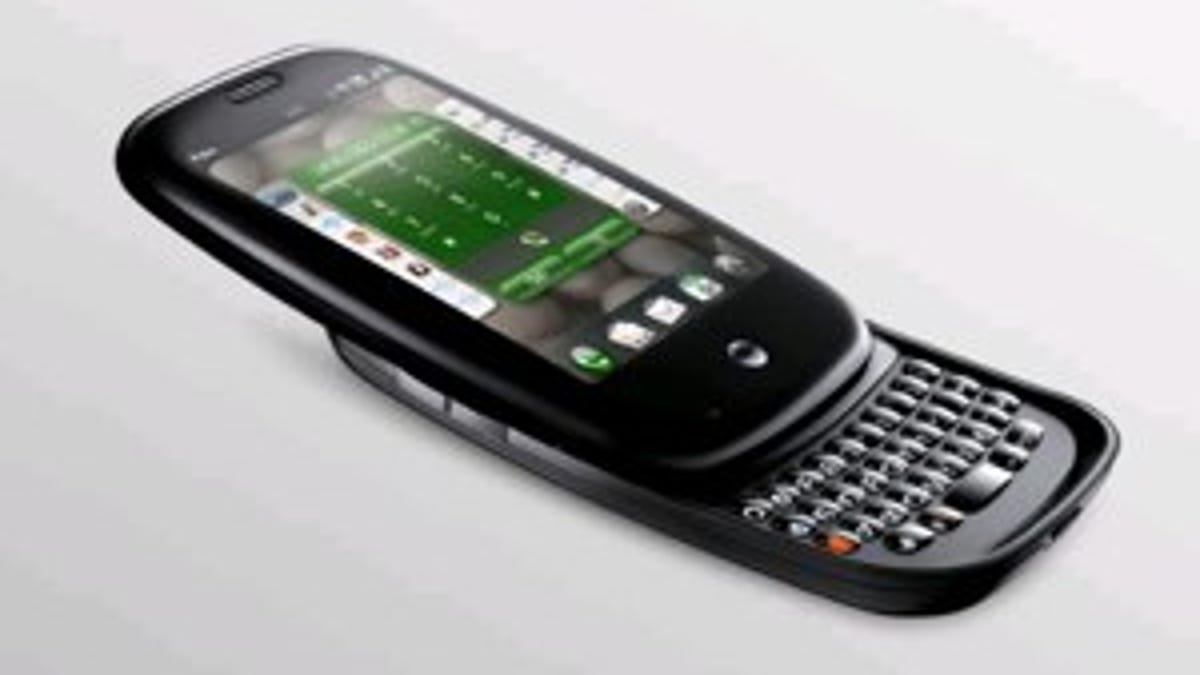Manipulating the Palm Pre supply is just wrong
Palm might try to intentionally keep Pre supplies low to build hype for the product. Don Reisinger believes that's a big problem.

Bloomberg reported Wednesday that the Palm Pre might be in short supply when it's made available later this year.
Citing estimates by six market analysts, Bloomberg says the Pre will "debut with about 375,000 units in stock." According to the report, that relatively small number (Apple sold 1 million iPhone 3G units in the first three days of availability last year) might have little to do with Palm's output capacity and quite a bit to do with its desire to live up to the Pre's hype.
"It's important to have a success like selling out," Hugues de La Vergne, a Gartner analyst, told Bloomberg. "The Pre has to live up to the hype or else they'll lose their momentum to rival products coming out soon after."
Neither Palm nor Sprint has confirmed plans to use a stock shortage to sell more Pre units. And don't look for either company to confirm such a claim.
But what if this really is the company's plan? Wouldn't that annoy you?
Though companies won't admit it, stock shortages are used often to build hype for a product. Claims of intentionally shorting supply have been a constant nuisance for Nintendo as it battles to keep the Wii on store shelves.
Intentional stock shortages might seem like a poor financial move for a company, since it's essentially leaving revenue on the table as consumers search for products and can't find them. But popular opinion contends that when products are sold out, opportunities for higher revenue are greater. Those who own the product will boast. News organizations will constantly discuss stock shortages. And those who don't have the device will be talking about the sellout with others. All the while, more people will become aware of the product and want to buy it.
I understand the business logic. I know that if a company needs to make a product work, hype and desire are two powerful effects to have on their side. But I think it breaks the social contract between the company and the consumer.
Business is all about maintaining a strong, mutually beneficial relationship with the customer. The company needs to know that consumers have a desire for its product. The consumer needs to know that the company is doing everything it can to deliver an outstanding device. How is that possible when it employs a policy of intentional stock shortages?
But it goes beyond that. There's a real chance that if Palm employs this tactic, it will backfire. What if Palm really does leave revenue on the table? And what if a Pre competitor captures the hype as Palm continues holding Pre units for the "right" moment?
I don't see the value in Palm employing a stock shortage to sell more Pre units. I realize there's a lot riding on this one device, but ostracizing consumers through a manipulation of supply isn't the way to success. Just ask Nintendo.
Palm needs to produce as many Pre units as possible and make them all available on launch day. If they sell out, then the company knows it created a great product and it will profit from that. If they don't, then it didn't. But playing games with the consumer is not a smart move. Especially for Palm.
Check out Don's Digital Home podcast, Twitter stream, and FriendFeed.

